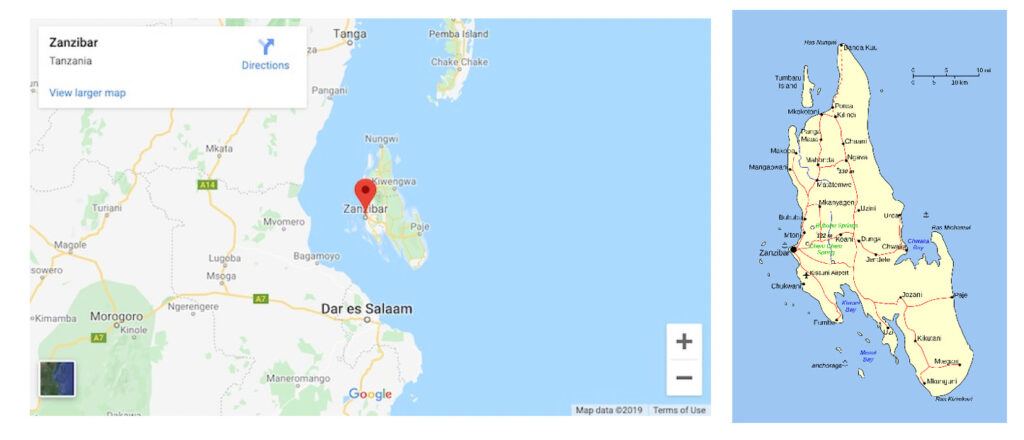By: admin
World Bank, Zanzibar, August 04, 2020
Aim Texas Trading, LLC Overseas Management Group has tended a tender in joint venture with UT consultants (JV Member, Turkey), and in association with Sinaki Solutions Ltd. (Sub-consultant, Tanzania) in providing consulting services for Consultancy Services for Zanzibar Solid Waste Management Value Chain Optimization Study. The World Bank Group intends to finance the assignment/services under: BB – BANK BUDGET, TF0A4691 – TURP–Risk Mitigation Planning.
Under the Zanzibar Urban Services Project (ZUSP), the World Bank is supporting the Revolutionary Government of Zanzibar to develop the islands’ first Solid Waste Management (SWM) Strategy.
Once completed, the strategy will address the SWM situation and practices in the archipelago, as well as establishing a baseline for monitoring and evaluation of the implementation process.
Objectives of the Consultancy:
Against the background described above, the World Bank is seeking the services of a consultancy firm to assist in carrying out a thorough assessment of the SWM value chain in Zanzibar in order to establish the following;
- Identify most viable SWM service chains for urban, peri-urban, urban poor and rural areas. Where no financially viable service chains can be identified, the study will quantify the financial subsidy required to make the service viable while identifying localized opportunities for improved SWM (i.e. localized waste management as required).
- Identify cost estimations and financing options to establish the optimized SWM value models as if there were no existing service provision at all.

Improving Municipal Solid Waste Management (SWM) has been identified as critical for both sustainable urban development and minimizing risks related to poor SWM practices in Zanzibar. The baseline study has uncovered that waste generation in Zanzibar is estimated to be significantly higher (at 0.85 kg/cap/day) than the general average for Tanzania at (0.5- 0.7kg/cap/day). This is linked to higher levels of tourists whom generate up to 3kg of waste per tourist per day. Forecasts suggest that waste generation in Zanzibar will double over the next 20 years and with current collection and with disposal rates at less than 50% this will become increasingly difficult to manage. It is estimated that 25% of the waste in Zanzibar is generated in peri-urban and rural areas, with illegal dumping in mangroves and open fields common which has potential to impact human, environmental and economic health.
The need for a sustainable SWM system in Zanzibar is also deemed critical for positive development of the tourism sector as it recovers from the COVID-19 pandemic. The recent COVID-19 pandemic has flattened the tourism industry globally, with forecasts indicating that ‘eco-friendly’, responsible tourism destinations will be the key driver for destination choice moving forward. The private sector is driving for the tourism sector to be overhauled through the ‘2020-2025 Zanzibar Sustainable Tourist Program’ with positive and progressive improvement leading to better infrastructure, facilities and services. Effective SWM services are considered essential in this program in order for it to be considered truly sustainable.
As the globe recovers from the COVID-19 pandemic, it provides space and opportunity to rethink ‘business-as-usual’ and improve sustainability of critical essential services such as SWM. This includes consideration of short-term (e.g. job creation), medium-term (e.g. growth benefits, size of private investment mobilized) and long-term (e.g. decarbonization, protection of local ecosystems and biodiversity) sustainability elements.
